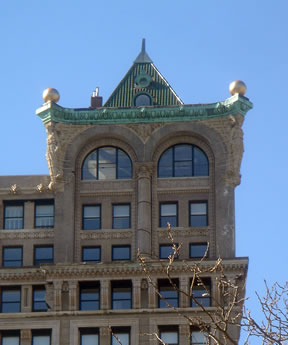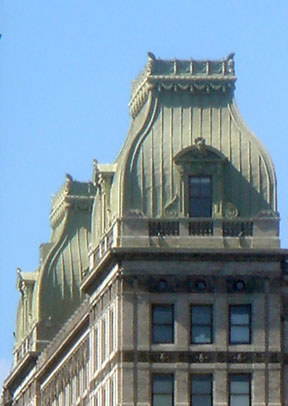

25 years +
Starting in 1983, a series of projects to design manufacturing facilities for the then-infant photovoltaic industry demanded a highly pragmatic, problem solving approach, which included laying out production processes, as well as helping to define the solar products themselves. We had to find ways to take these factories beyond functional, low-cost machines to the level of “architecture” without spending extra money, beginning a fascination with technology and tough, economical design. To make these facilities effective in terms of their most important and highest-cost component - the work force - each consumed a great deal of thought about the quality of the workplace, as well as the factory’s presence in its urban or suburban context. It was also immediately apparent that the solar materials produced in these factories were similar to building materials, and so began our efforts to integrate the two. The early work in photovoltaic technology sensitized us as well to related aspects of the environment: daylighting, views, natural ventilation, water and waste issues.
We have also performed research and technical studies, collaborated with industry on product design and optimization, and have pioneered a number of building technologies and products. Although it did not begin as a conscious plan, this work became a process, a continuous working out of technical, artistic, and functional issues. Most of our projects have been challenging on multiple levels, and many have employed first-of-their-kind solutions. Some would label the result “green” or “sustainable”, but our motivation has always been simply to create good architecture: productive architecture.
|

 In the years since, Kiss + Cathcart have worked on project types
from apartments and single family houses to infrastructure, housing,
and civic buildings, in locations across the US and around the world.
In the years since, Kiss + Cathcart have worked on project types
from apartments and single family houses to infrastructure, housing,
and civic buildings, in locations across the US and around the world.